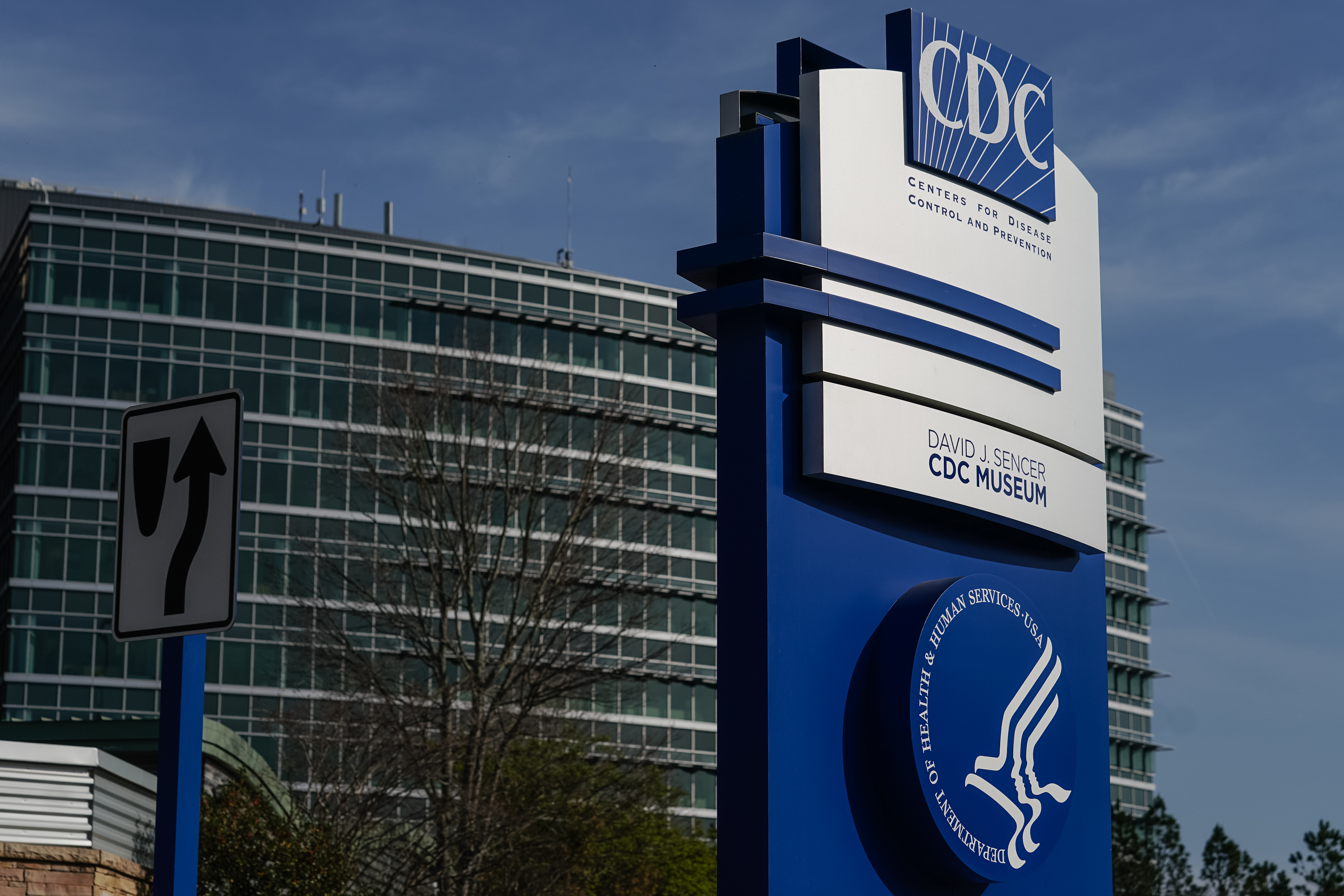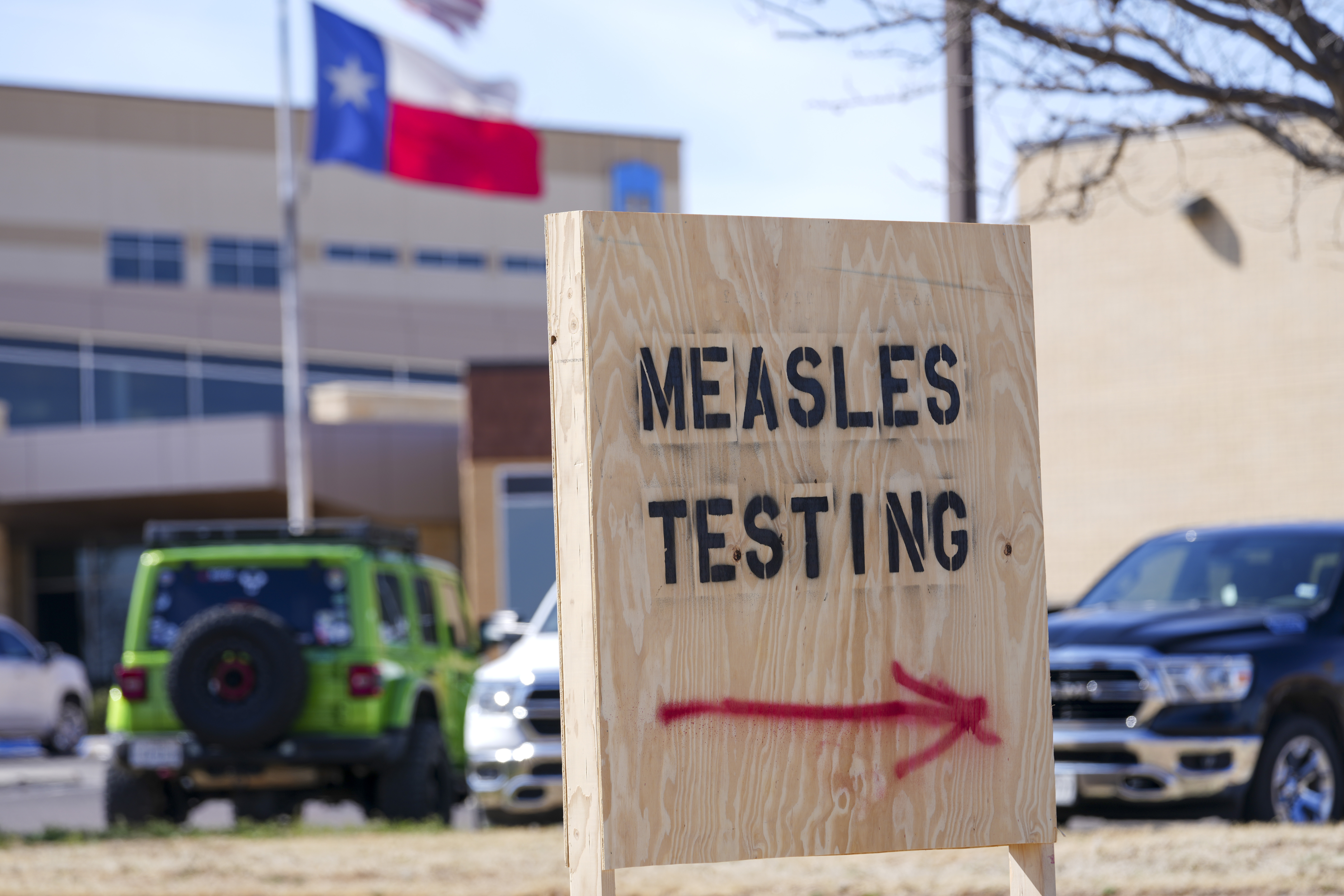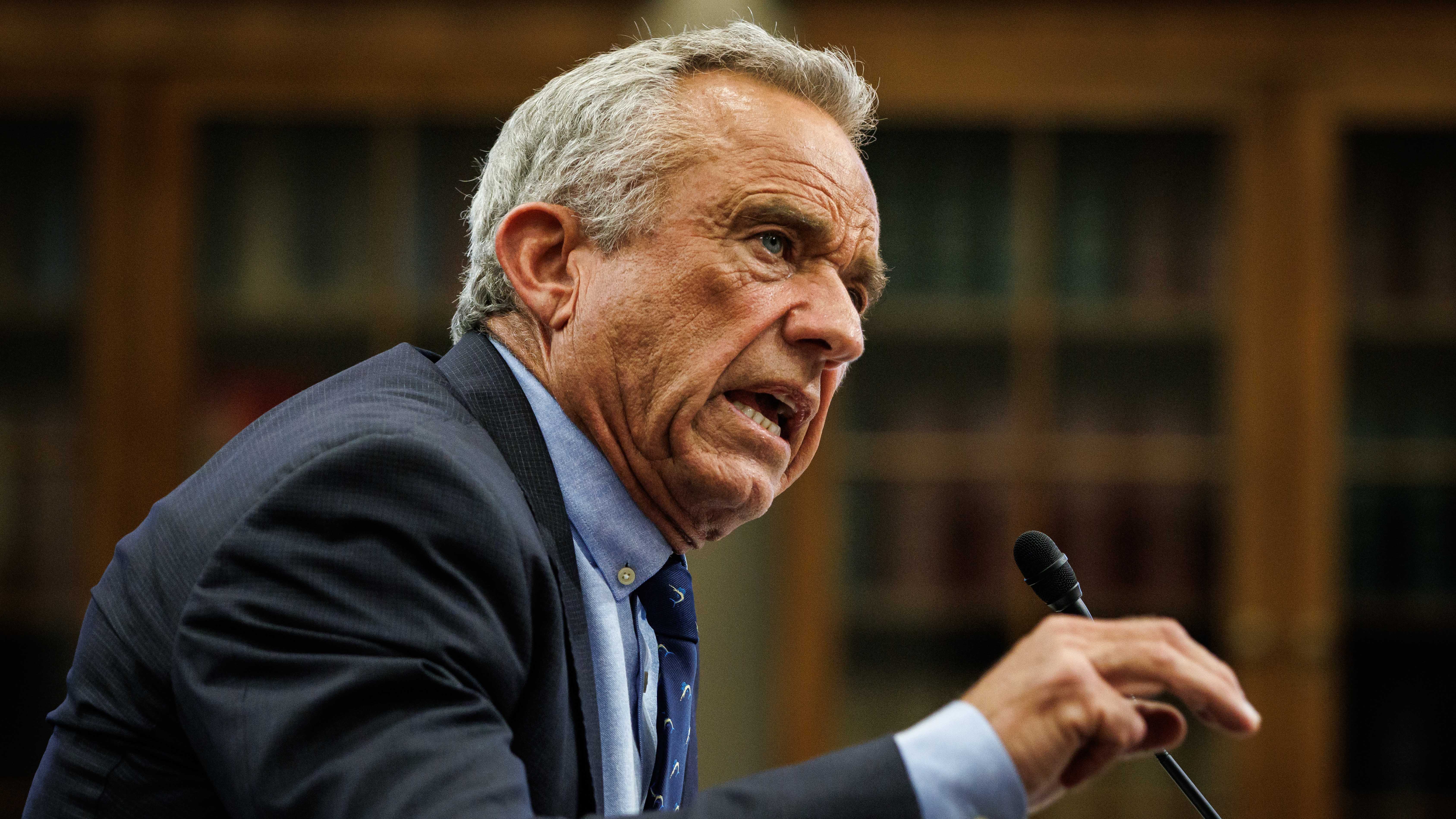Pediatric Flu Deaths: US Sees Highest in 15 Years
Flu Crisis: Child Deaths Soar to 15-Year High in the US
Introduction: A Grim Milestone in Flu Season
This year's flu season has taken a devastating turn. The Centers for Disease Control and Prevention (CDC) reports that 216 children in the United States have died from the flu, a grim milestone not seen since the 2009-2010 swine flu pandemic. That’s right, more children have succumbed to the flu this year than in any year since then.
This surpasses last year's already heartbreaking total of 207 pediatric deaths. It's a stark reminder of the flu's potential severity, especially for our youngest and most vulnerable. What makes this even more concerning is that flu season is far from over.
The Sobering Statistics: More Than Just Numbers
These numbers aren't just statistics; they represent individual tragedies, families mourning the loss of a child. 216 is more than just a number. It's a stark reminder of how dangerous this virus can be. The CDC’s report highlights the urgency of understanding and addressing this surge in pediatric flu deaths.
Expert Concerns: The Underestimated Toll
Dr. Sean O’Leary of the American Academy of Pediatrics voiced concerns that the current count is likely an underestimation. “This number that we have now is almost certainly an undercount, and one that — when the season is declared over, and they compile all the data — it’s almost certain to go up,” he stated. This means that the actual impact of the flu on children this season could be even greater.
The Culprit: Understanding Influenza Viruses
Influenza viruses, commonly known as the flu, are responsible for these illnesses. These viruses are sneaky, constantly changing, and capable of causing widespread outbreaks. We typically see them thrive during the colder months. But how exactly do these viruses work, and what makes them so dangerous for children?
Types of Influenza Viruses
There are different types of flu viruses, primarily influenza A and influenza B. Influenza A viruses are further categorized into subtypes based on surface proteins (H and N). Influenza B viruses are not divided into subtypes but can be further classified into lineages. Which strains are most prevalent this season?
Why Are Children So Vulnerable?
Children are particularly susceptible to severe flu complications for several reasons. Their immune systems are still developing, making it harder for them to fight off infections. They are also more likely to spread the virus to others. Why is it that kids often bear the brunt of the flu season?
Immature Immune Systems
A child's immune system hasn't yet developed the same defenses as an adult's. This makes them more vulnerable to severe complications from the flu. Their bodies are still learning to recognize and combat these viruses.
Higher Transmission Rates
Children often spend their days in close proximity to others in schools and daycare centers, creating environments where the flu can spread rapidly. Plus, let's be honest, their hygiene practices aren't always the best!
Flu Symptoms in Children: What to Watch For
Recognizing the symptoms of the flu in children is crucial for early diagnosis and treatment. Common symptoms include:
- Fever
- Cough
- Sore throat
- Runny or stuffy nose
- Muscle or body aches
- Headache
- Fatigue
- Vomiting and diarrhea (more common in children than adults)
If your child exhibits any of these symptoms, it's important to consult with a healthcare provider promptly. Are there any subtle signs we might miss?
Potential Complications: Why Flu Can Be Deadly
The flu can lead to serious complications, especially in children. These complications can include:
- Pneumonia
- Bronchitis
- Sinus infections
- Ear infections
- Dehydration
- Encephalitis (inflammation of the brain)
- Myocarditis (inflammation of the heart)
- Worsening of chronic medical conditions like asthma
These complications can be life-threatening, highlighting the importance of prevention and timely treatment. How can we minimize the risk of these complications?
Prevention is Key: Your Best Defense Against the Flu
Preventing the flu is the best way to protect your child. Here are some effective strategies:
Annual Flu Vaccination
The CDC recommends that everyone 6 months and older receive an annual flu vaccine. The vaccine helps your body develop antibodies that protect against the flu viruses expected to circulate each season. Is the flu vaccine truly effective?
Good Hygiene Practices
Teach your children to wash their hands frequently with soap and water, especially after coughing or sneezing. Also, encourage them to avoid touching their eyes, nose, and mouth. These simple habits can significantly reduce the spread of germs.
Avoid Close Contact
If possible, avoid close contact with people who are sick. If your child is sick, keep them home from school or daycare to prevent spreading the virus to others. Think of it as protecting your community, one child at a time.
Treatment Options: What to Do When Your Child Gets Sick
If your child develops the flu, there are several treatment options available:
Antiviral Medications
Antiviral medications like oseltamivir (Tamiflu) and zanamivir (Relenza) can help reduce the severity and duration of the flu. These medications are most effective when started within 48 hours of symptom onset. Are there any side effects to be aware of?
Symptomatic Relief
Over-the-counter medications like acetaminophen (Tylenol) or ibuprofen (Advil) can help relieve fever and pain. Make sure to follow the dosage instructions carefully. Also, ensure your child gets plenty of rest and fluids.
The Impact of the Pandemic: Are We Still Feeling the Effects?
Some experts believe that the COVID-19 pandemic may have played a role in the increased severity of this year's flu season. Lockdowns and social distancing measures may have reduced exposure to flu viruses, leading to lower levels of immunity in the population. Have we become more vulnerable as a result?
Addressing Vaccine Hesitancy: Facts vs. Myths
Vaccine hesitancy remains a significant challenge in public health. It's important to address common myths and misconceptions about the flu vaccine. The flu vaccine is safe and effective, and it's the best way to protect your child from the flu. Why are so many people hesitant to get vaccinated?
The Economic Burden: Flu's Impact on Families and Healthcare Systems
The flu has a significant economic impact on families and healthcare systems. The cost of medical care, lost productivity, and absenteeism from school and work can be substantial. What's the real cost of the flu, beyond just the physical toll?
The Role of Public Health: Surveillance and Response
Public health agencies play a crucial role in monitoring the spread of the flu and coordinating response efforts. The CDC tracks flu activity nationwide and provides recommendations for prevention and treatment. How can we strengthen our public health infrastructure to better combat future outbreaks?
Conclusion: Protecting Our Children from the Flu
The recent report of 216 pediatric flu deaths is a stark reminder of the flu's potential severity. While it's unsettling to know we're at a 15-year high, there are a few key takeaways:
- Vaccination is key: Getting your child vaccinated is still the best way to prevent the flu and its complications.
- Early detection is crucial: If your child exhibits flu-like symptoms, seek medical attention promptly.
- Hygiene matters: Teach your children good hygiene practices to minimize the spread of germs.
By taking these steps, we can protect our children and help prevent future tragedies. Remember, it takes a village to keep our kids healthy and safe.
Frequently Asked Questions (FAQs)
-
Q: Is the flu vaccine safe for my child?
A: Yes, the flu vaccine is safe for children 6 months and older. It has been used for many years and is rigorously tested for safety. Common side effects are mild, such as soreness at the injection site or a low-grade fever, and are usually temporary.
-
Q: When is the best time to get my child vaccinated?
A: The CDC recommends getting vaccinated as soon as the flu vaccine becomes available, ideally by the end of October. This allows your body enough time to develop immunity before the flu season peaks. However, getting vaccinated later in the season is still beneficial.
-
Q: What should I do if my child has flu-like symptoms but tests negative for the flu?
A: If your child has flu-like symptoms but tests negative for the flu, it could be another respiratory virus, such as RSV or a cold. Continue to monitor their symptoms and consult with your healthcare provider. Rest, hydration, and symptomatic relief measures are still important.
-
Q: Can my child still get the flu even after being vaccinated?
A: Yes, it's possible to get the flu even after being vaccinated. The flu vaccine protects against the strains of the virus that are expected to be most common each season. However, the vaccine may not be a perfect match, or your child may be exposed to a different strain of the flu virus. Even if your child gets the flu after being vaccinated, the illness is often less severe and shorter in duration.
-
Q: What are the differences between the flu and a common cold in children?
A: While both the flu and the common cold are respiratory illnesses, the flu is typically more severe. Flu symptoms tend to come on suddenly and can include high fever, body aches, and fatigue, whereas cold symptoms usually develop gradually and are milder, with symptoms like a runny nose and sore throat predominating. Consulting with a healthcare provider can help determine the best course of action.




